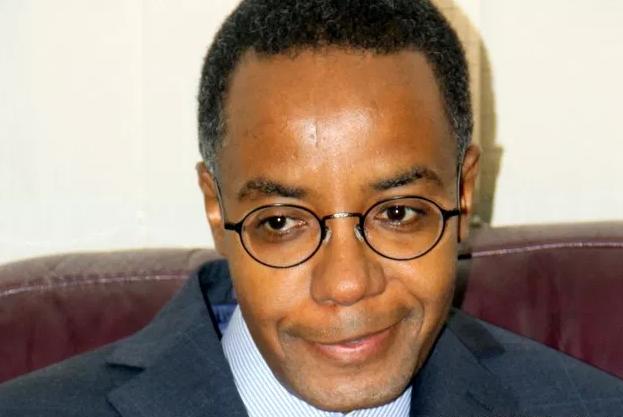Since 2014, the Zero Discrimination Day has been celebrated annually on March 1. It is a global event that promotes diversity and recognizes that everyone counts.
Mr Aliyu said the lack of protective law can feed stigma and discrimination.
This, he said, further hinders access to HIV services for people living with HIV.
He noted that discrimination can be institutionalised through existing laws, policies and practices that negatively target people living with HIV and marginalized groups.
He stated that legal protection against HIV-related discrimination is an essential prerequisite for an effective national HIV response.
Mr Aliyu also emphasised the importance of creating public awareness on the country’s 2014 national HIV and AIDS Anti-Discrimination Act.
“The Act makes it an offence to discriminate on the basis of one’s real or perceived HIV status.
“It also prohibits any employer, individual or organisation from requiring a person to take an HIV test as a precondition for employment or access to services,” he said.
He urged Nigerians to take advantage of the Act to know their rights and protect themselves from all forms of HIV-related stigma and discrimination.
People living with HIV continue to face various forms of stigmatisation, discrimination and violations of their rights and dignity, which are barriers to the efforts to scale up access to comprehensive care, treatment, and support.
These have been described as major stumbling blocks to HIV and AIDS mitigation programmes as they discourage people from using HIV Counselling and Testing (HCT) services and pose a barrier to accessing treatment.
The message reads in part; “In many countries, laws result in people being treated differently, excluded from essential services or being subject to undue restrictions on how they live their lives, simply because of who they are.
“Such laws are discriminatory—they deny human rights and fundamental freedoms.
“States have a moral and legal obligation—under the Universal Declaration of Human Rights, human rights treaties, the 2030 Agenda for Sustainable Development and other international obligations—to remove discriminatory laws and to enact laws that protect people from discrimination.
“Ending discrimination and changing laws is the responsibility of us all. Everyone can play a part in ending discrimination and can try to make a difference, in ways both big and small. The Zero Discrimination Day 2019 campaign challenges people to act against laws that discriminate in their country,” the message highlighted.
Source: Premiumtimes

 As Nigeria joins the rest of the world to commemorate the 2019 Zero Discrimination Day, the National Agency for the Control of AIDS (NACA) has called for legal protection against HIV-related discrimination in the country.
As Nigeria joins the rest of the world to commemorate the 2019 Zero Discrimination Day, the National Agency for the Control of AIDS (NACA) has called for legal protection against HIV-related discrimination in the country.




